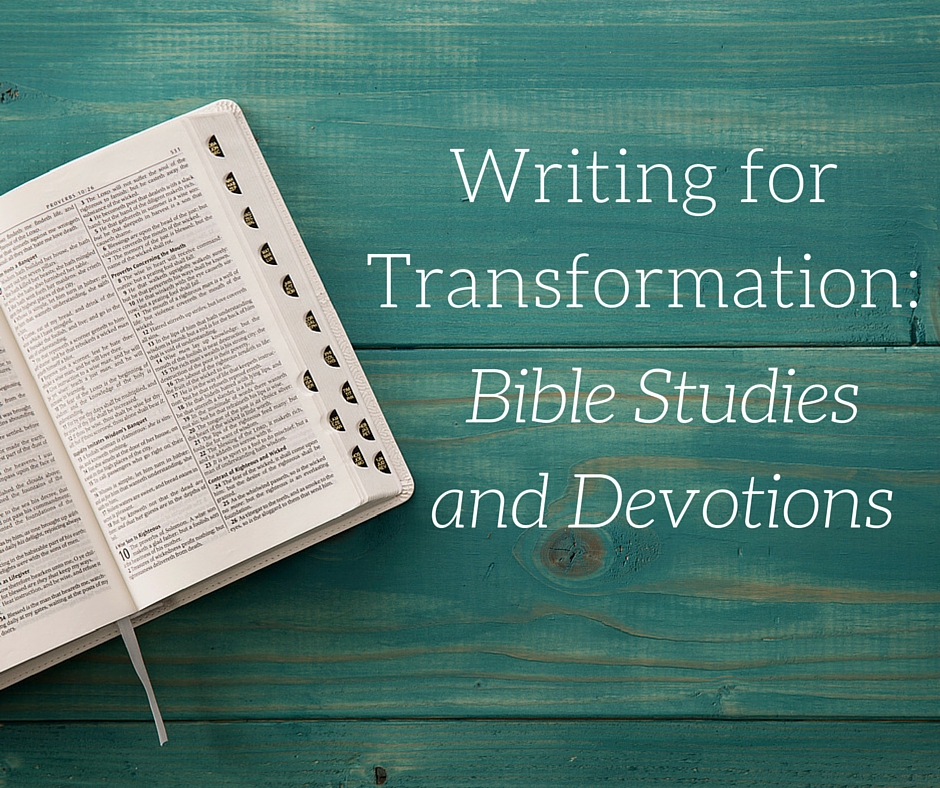The president of our seminary used to tell us that we needed over 1,500 books in our personal library before we graduated. I did the math and figured to reach that goal I’d have to buy about ten books a week over the course of a three-year degree—something I was happy to do if the school would only quit charging me for rent and tuition.
But I understood his point: preparing for ministry means investing in resources. As Bible study and devotional writers, we also need to invest in resources. We need good commentaries that will help us understand Scripture. We need books that help us understand biblical languages, times, and customs. And we need books with stories and facts that help us make applications and find illustrations that capture our reader’s attention. But books—especially theology books—are expensive. Here are six tips for building your theological library on a budget.
- Use the library. I live in a small town in the middle of West Texas, but there are still four colleges within an hour’s drive of my house. Two of those schools have graduate programs in theology, and I can check out books from their libraries using my public library card. If you’re not within driving distance of a university, look into your public library’s interlibrary loan program and check out their resources. Our public library system has access to a religious and theological database that indexes PDFs of current theological journals. You might also want to explore what library services are available through the alumni program of your college or seminary. My seminary offers a library-by-mail program that allows graduates to check out books by mail for a nominal annual fee.
- Buy used books. Several online booksellers now offer used books. If you live close to a Christian college or seminary, you might also look for a used bookstore near campus and check in periodically. Students often weed their bookshelves at the end of the semester.
- Follow your favorite publishers on social media. Publishers like Zondervan Academic, Baker Academic, and Intervarsity Press all have accounts on Facebook and Twitter. Follow them and watch for announcements of sales. Zondervan steeply discounts e-book versions of some of their commentary sets a couple times a year, and I’ve been able to fill my library out this way.
- Become a book reviewer. Some publishers offer free books to reviewers through a blog or book review program. If you have a blog and are comfortable reviewing books on sites like Amazon, Barnes & Noble, or Christian Book Distributors, joining these programs can help you build your library.
- Buy what you need as you need it. When you sign a contract with a publisher, invest a portion of your income into buying some of the books you need. This will help you build your library over time.
- Leverage discounts from software companies. Programs like Olive Tree or Logos provide e-tools for Bible study students. Though the higher packages can deliver some sticker shock, software packages can allow you to purchase large amounts of books for pennies on the dollar.
Building your theological library is important, but you don’t have to break the bank to do it. How do you make book buying fit your budget?





No Comments